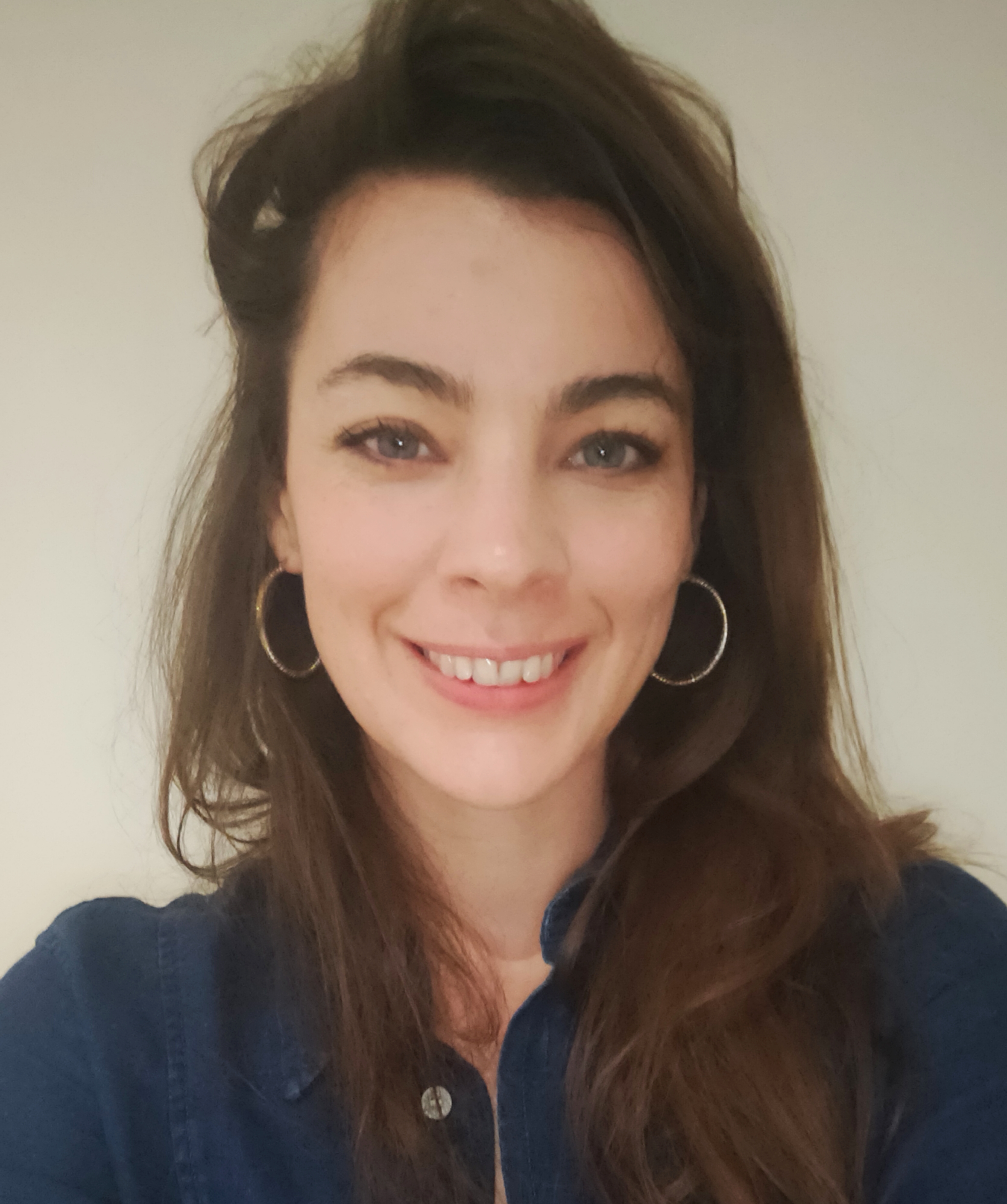Gender, Sexuality and Global Health: enabling a safe and inclusive learning environment

In order to create a safe and inclusive learning environment within the MSc module 'Gender, Sexuality and Global Health', teaching staff at the Institute of Population Health Sciences introduced a number of measures.
Responding to a need
The module's conveners were mindful of the need to facilitate a learning environment which enabled students to feel engaged and confident taking part in disciplinary discourse.
This was achieved through the content of the module – such as the choice of reading material and guest speakers – as well as the teaching methods used and the ways that students were encouraged to engage with the course material and each other.
Hearing from academics who are women of colour was important! As a woman of colour, I felt so represented and seeing our voices uplifted in this manner, it meant a lot to me as an aspiring academic.— Module participant
The approach
Establishing ground rules
At the start of the module, everyone introduced themselves and their pronouns. This helped to encourage a respectful environment where people's preferred pronouns would be known and used by others. The class established ground rules for engagement throughout the term and the course lead shared their expectations around student engagement, including areas of zero tolerance.
Diverse viewpoints
Students were exposed to racially minoritised guest speakers and diverse topics, theories and schools of thoughts – for example, feminist presentations, Black feminism, and Womanism. The course lead developed a reading and media list that represented various groups, geographies and points of view on class topics.
Active participation
Students had the opportunity to become active participants in the module, and to produce and share knowledge. This occurred in five main ways:
- Collaborative glossary: a 'Gender, Sexuality and Health' collaborative glossary was developed and students were expected to research and help define key terms relevant to this area of study. The glossary acted as a co-created resource for students throughout the module.
- Forum and round-ups: a forum was developed where students could share resources. The course lead also regularly sent 'round-up' lists following classes that followed up on discussions, upcoming talks, shared resources and other diverse media resources related to the topics covered. Another forum was developed for sharing 'interesting and transformative resources'. Everyone had the opportunity to share books, media, talks and other content that was somehow meaningful to them and related to class content. Each week also included a book of the week, and students were encouraged to suggest books.
- Activist Media Fair: one assessment involved developing an online magazine, video or website on an under-represented topic in the area of study. At the end of term, a media fair was held where students showcased their activist media piece and presented it to other students. This allowed them to pass on their knowledge to their peers.
- Co-created class: at the beginning of term, students were informed that there would be a co-created class on topics of their choice at the end of term. This acknowledged the fact that there are multiple topics that cannot be covered in one term. Students became teachers and took part in knowledge production, presenting short lectures and leading discussions with the class on a range of topics.
- Extracurricular activities: students were encouraged to attend talks and events outside the classroom and with other universities. The course lead also organised a virtual 'watch party' of a popular and relevant television programme during the Covid-19 lockdown.
I have learned so much from everyone and they were so accommodating to everyone's views and perspectives. Usually, I feel less inclined to discuss sensitive topics such as racism but this class was a safe space to discuss these topics.— Module participant
